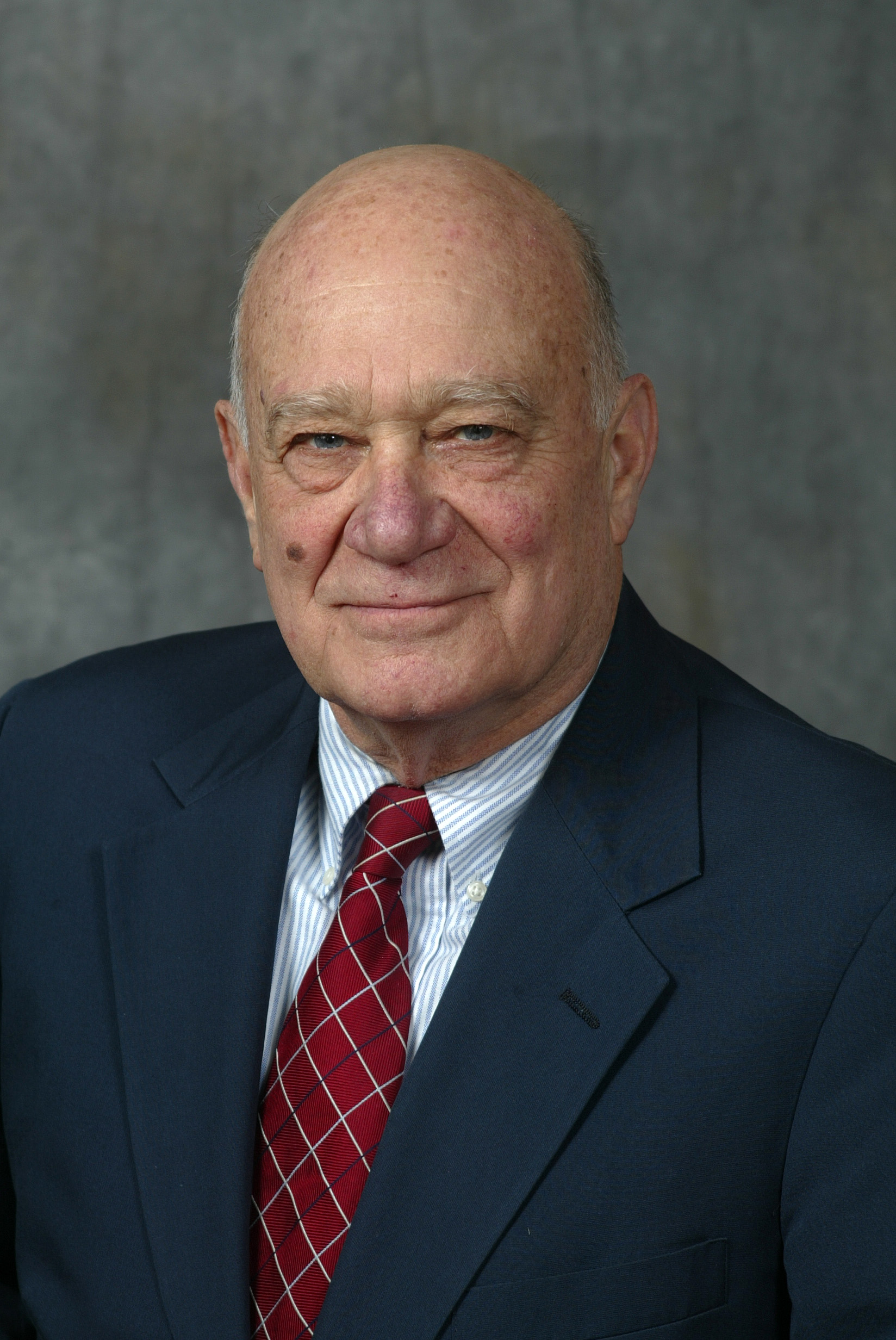In case you did not notice it, May was Older Americans’ month. Not to worry, however, it is easy to make the case that every month should be Older Americans’ month.
Theodore Roszak, in his bouquet to aging, entitled his book, “America the Wise.”
He contended that as Americans got older, they, and society, would get better. Adam Gopnik addressed this and other key themes in his May 20 New Yorker article: “Younger Longer: can the infirmities of aging be postponed?”
The short answer is definitely. So, as we have elders living longer (“the aging of the aged”) and being in better mental and physical health, they can expect more of themselves. And, society can benefit every month from their experiences, wisdom, and empathy.
As the acclaimed Cornell sociologist Urie Bronfrenbrenner emphasized: “The quintessential test of any society is the extent to which one generation cares about the well-being of other generations.”
Is it not reasonable to expect elders to care deeply about their legacies, not only for their families but also for society and for humanity? Fortunately for all of us, elders now have more quality time to foster social and public good because they are no longer employed full-time.
Life-expectancy in the U.S. is nearly 80 (it was only 42 in 1900). Although more folks now remain gainfully employed after they pass “official” elder year of 65, those who stop paid work at that age now have 15 years to invest. From the 1900 data, our rising elders today have 38 years (nearly a second lifetime by past demographics).
Projected demographics are even better. According to this month’s U.S. Social Security report, the typical 65-year-old today will live to 83; one in four will live to age 90, and one in 10 will live to age 95.
It may seem ironic to speak of older Americans having lots of time when the end of life gets nearer. But, as Gopnik and others show, elders may have more free and flex time than any other group in our society, including Millennials and Gen Z youth.
How will they use that time each month?
During this year’s official Older Americans month, I personally had three experiences that augur well for elders and our society.
I was the guest speaker at the Great Neck REAP program, where the sparkling coordinator, Milton Rosen, is 99. The group ranged in age to a 102-year-old woman. Most impressive was their attentiveness, probing questions, passion for knowledge and social understanding.
After two hours of discussion, I noted to a few folks that more women were participants than in past years. This was confirmed, and I was informed that REAP still kept its acronym, but changed it from Retired Executives and Professionals to Refocused, Energetic, Active, People.
This gender inclusive and spirited designation illustrates a resource for good in our community.
My friend, Tom Benson, former college president and a speaker on aging at this summer’s Chautauqua program, told me how impressed he was by a similar name change for Hofstra’s PEIR group.
For decades, it stood for Professionals and Executives In Retirement. Now, that same acronym indicates Personal Enrichment In Retirement, and, like the Great Neck group, it is gender inclusive with lots of folks attentive to local and global maters and willing to strive to make a difference.
One of those PEIR folks is Don Parker of Port Washington, who, in his mid-90s, continues to give public library programs although he has given up driving a car. Don has also ambitiously been working on a project comparing the immigration xenophobia horrors of the 1920s with contemporary actions.
I was honored this May to be the keynote speaker at Nassau County’s 45th Annual Older Americans’ Conference and Luncheon. More than 450 folks gathered at the Uniondale Marriott.
In their numbers, and, especially, their thoughtful discourse, these folks show the potential of elders on Long Island and elsewhere.
We at Hofstra have been especially pleased, for more than two decades, to have been striving to connect generations and, in so doing, to foster deeper ties between campus and communities. (Please see Hofstra’s chapter, “From ‘Youth Ghettoes’ to Intergenerational Civic Engagement: Connecting the Campus and the Larger Community” in Deliberation & the Work of Higher Education (2008).)
We will continue to do this in our associations with the Kettering Foundation and The National Issues Forums Institute. From Hofstra’s Center for Civic Engagement and new Institute for Peace Studies, Hofstra’s Civic Discourse Fellows and Peace Fellows will guide our elder connections.
In addition to programs on our campus, we are also willing to take these inter-generational initiatives to public libraries and community groups. Please be in touch if you want more information to attend or to schedule programs for your group: michael.dinnocenzo@hofstra.edu.



